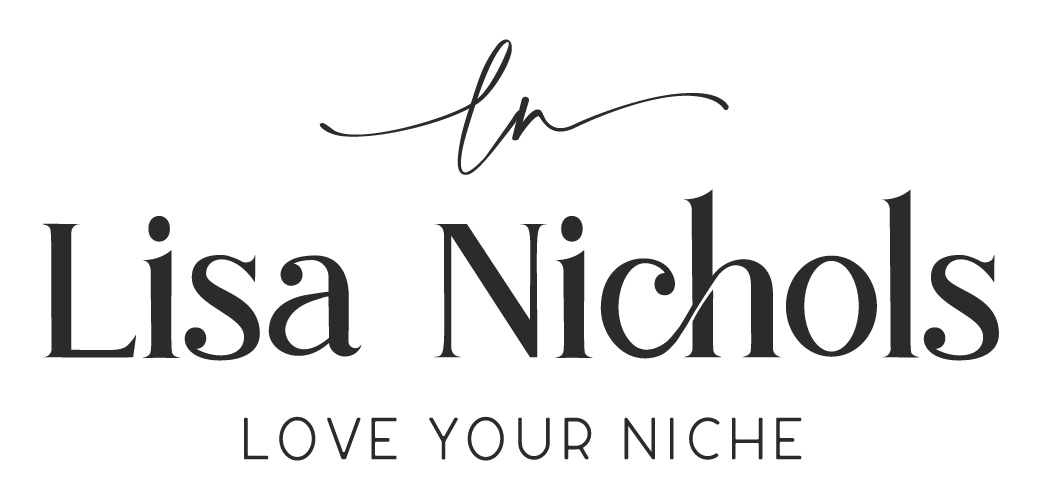
Your communication style – no matter what it is – definitely influences how and when you advance throughout your career.
Most of us struggle with one or both of these barriers: either we fail to recognize our personal communication style, or else we view the way we naturally relate to others as a roadblock to our professional goals.
Sometimes it’s hard to understand our own way of communicating, because we’ve been surrounded by people who have a similar cultural background or expectation of what professional communication should look like. Rather than identifying our own unique perspective, we tend to look at our way of communicating as “normal” and accept that it is the only or the best way to relate to others. The challenge with this is that we don’t notice aspects of the way we connect with people that may not be benefitting us in our career, because we simply believe it’s the “normal” way to interact. We don’t see any alternatives.
Here’s an example. For those of us who have a cultural background in which communication is typically very indirect, we may have a negative view of advocating for ourselves or discussing our accomplishments, out of fear that we will come across as arrogant. If we haven’t identified this about ourselves, we will operate out of a belief that it’s morally wrong for us to talk about what we do well and not recognize when the people around us have a completely different perspective. Without realizing it, we are holding ourselves back from what we’re capable of accomplishing.
Not only are we hindering our own progress, but we’re also holding the team back by not contributing the value we actually have to offer.
But what if we come from a more direct style of communicating? Believe it or not, even though this is the opposite of the example we just discussed, this can be equally as damaging to our career journey. Those who speak very directly may be in an environment where the majority of the team is less direct, and when that happens, they are prevented from advocating for themselves out of fear that they will be labeled as arrogant or abrasive. Because they aren’t clear on how to assert themselves in that setting, they are held back from reaching their potential.
This is why it’s essential that we understand our own background and cultural expectations for communication. Identifying your own unique perspective and values when it comes to relating to people in a professional setting helps you to recognize the different point of view others may have, which can help guide you as you navigate communication throughout your career.
Maybe you have already identified your personal communication style, and you understand the differences you observe in the people around you, but you still feel held back in advocating for yourself. The obstacle may be the way you view your communication style. As we identify the way we naturally relate to others, we become aware of the negative aspects of our approach. We start to see the flaws with some of the things we once viewed as “normal” and “healthy.” When that happens, we can view our own communication style as a problem and view it as a hinderance to achieving what we’re capable of.
The key is to move beyond the recognition of the flaws that we struggle with, to accepting the helpful aspects of our natural way of communicating and incorporating new habits that don’t come as naturally. There’s always room to learn and grow and to develop healthier ways of speaking up for ourselves.
So, no matter what type of communication style or background you come from, you can take the positives from the way you currently relate to people, reject the negative aspects, and incorporate new patterns of communication to better connect with people in a professional environment.
Learning to communicate and advocate for ourselves more effectively is not easy, but it is possible, and the results of developing those skills are worth the effort!

You must be logged in to post a comment.